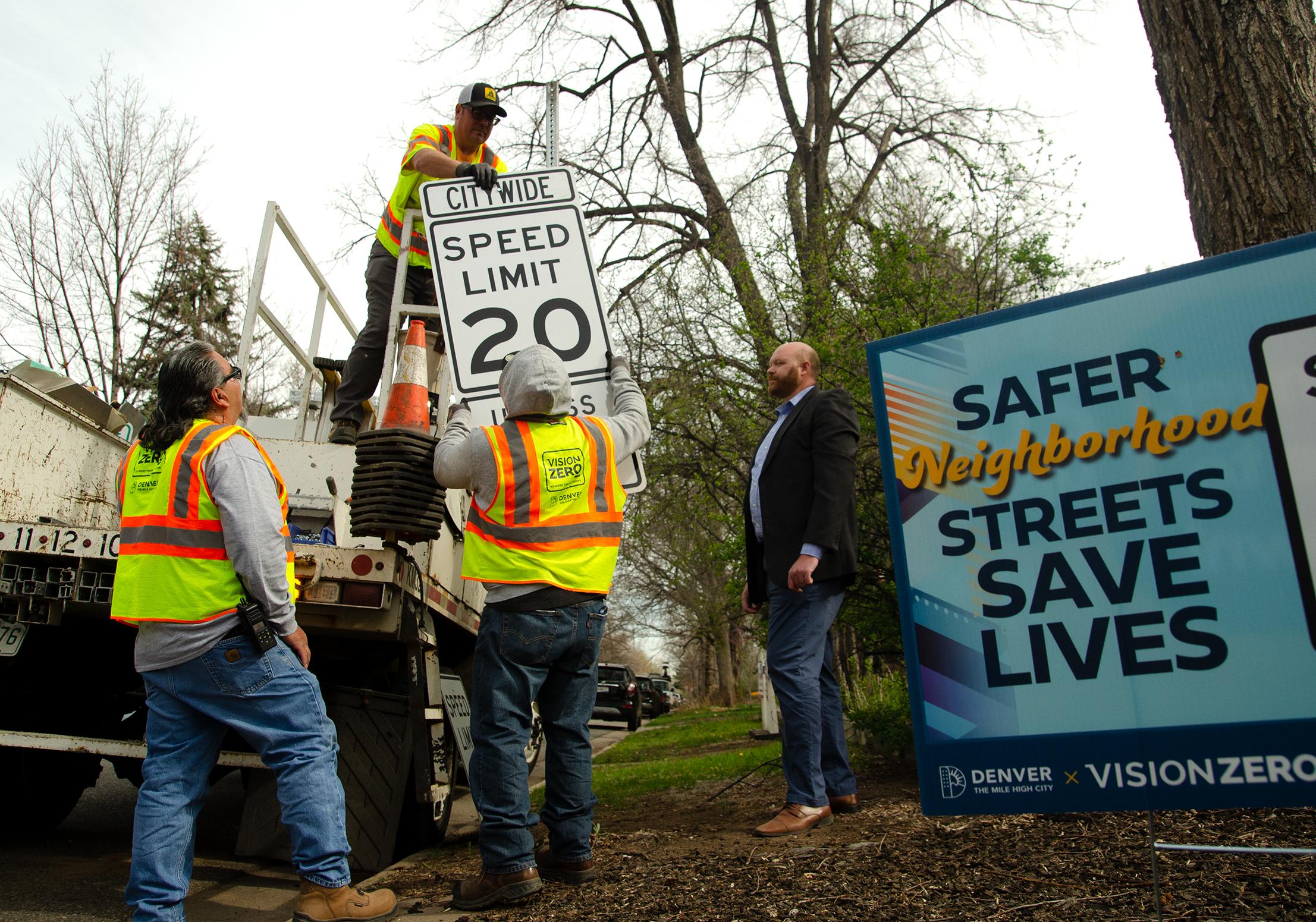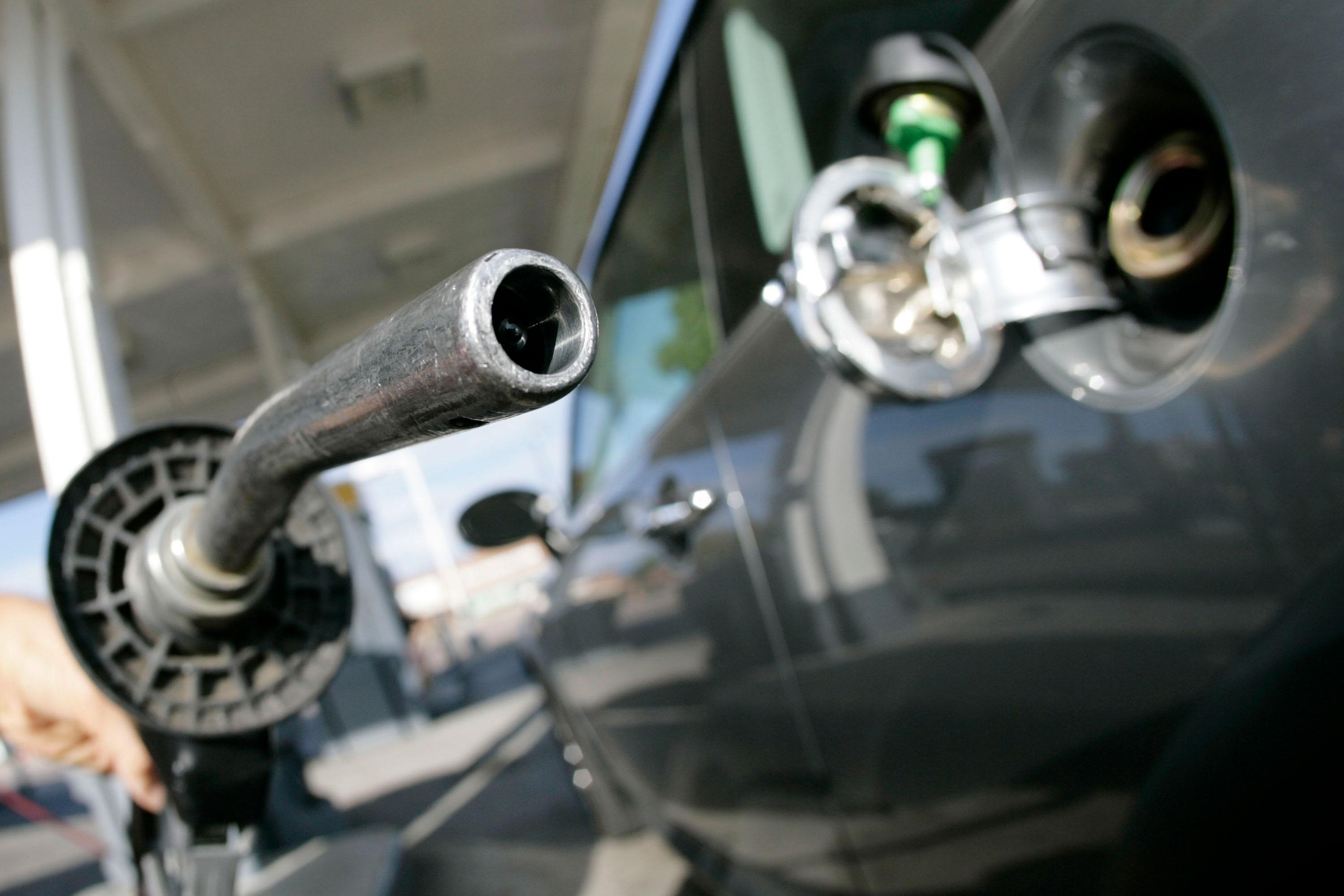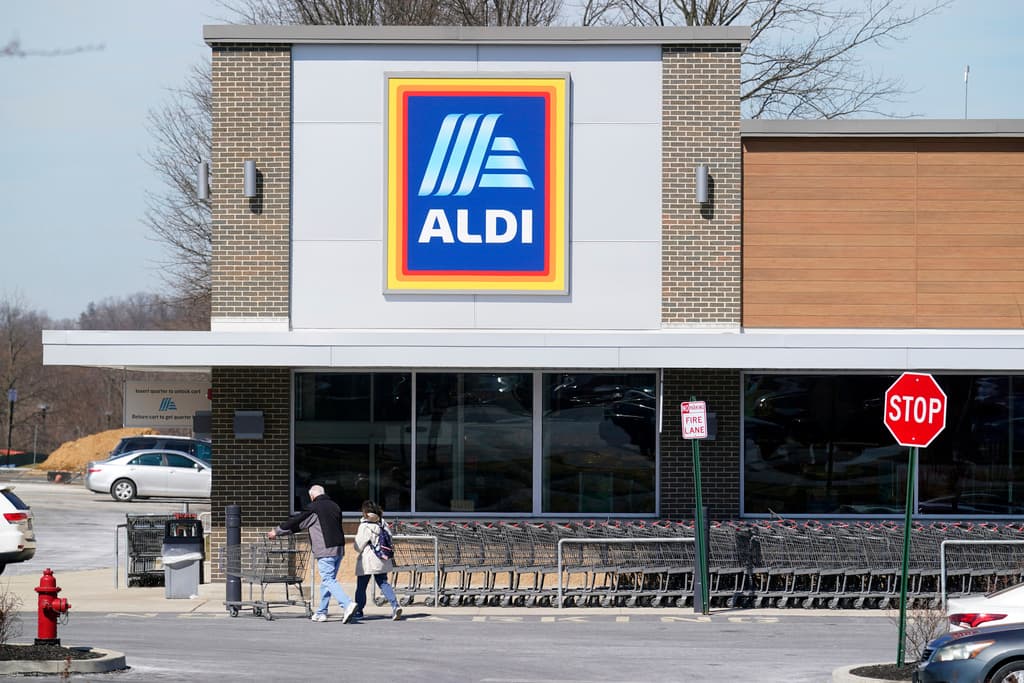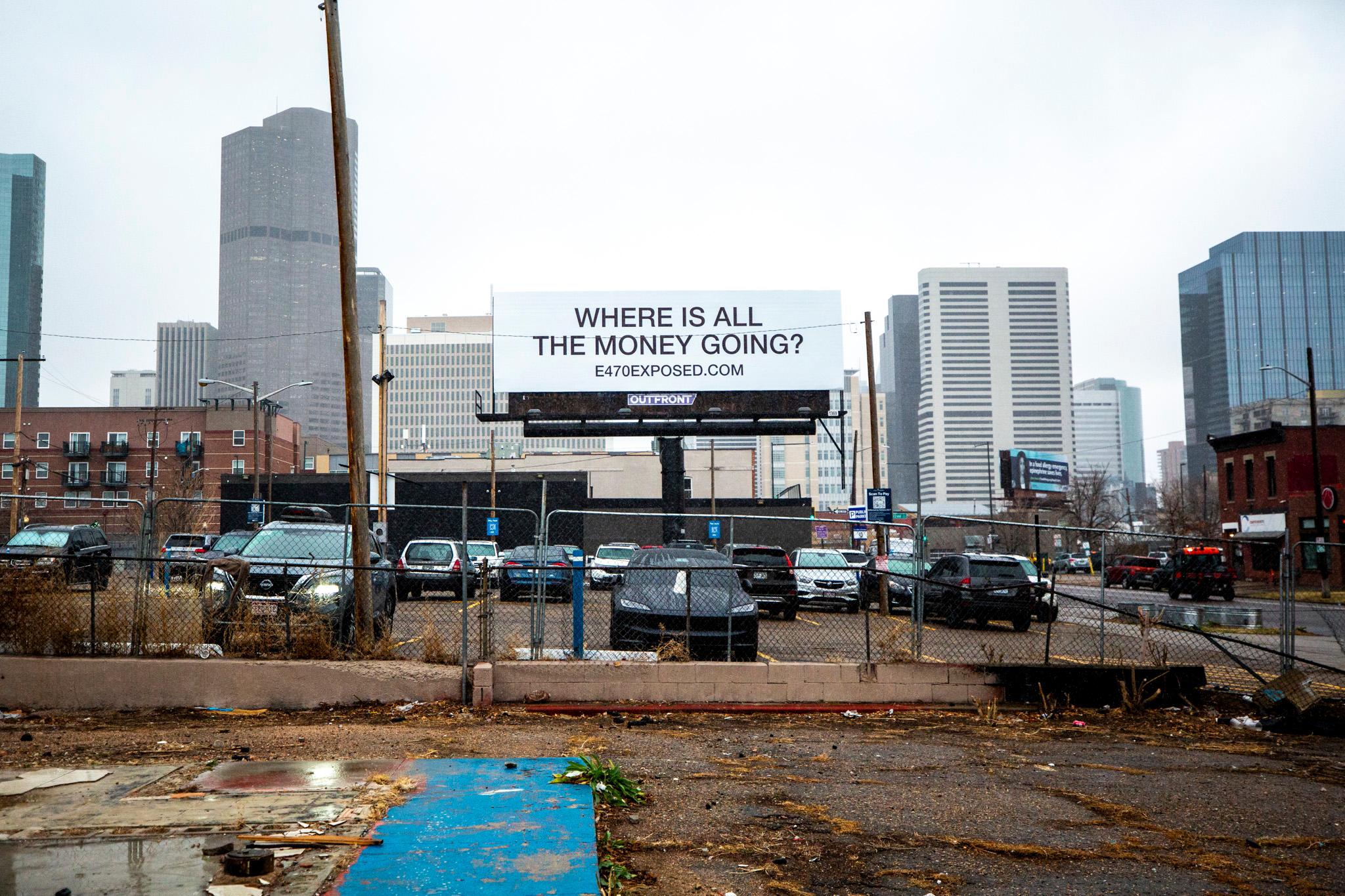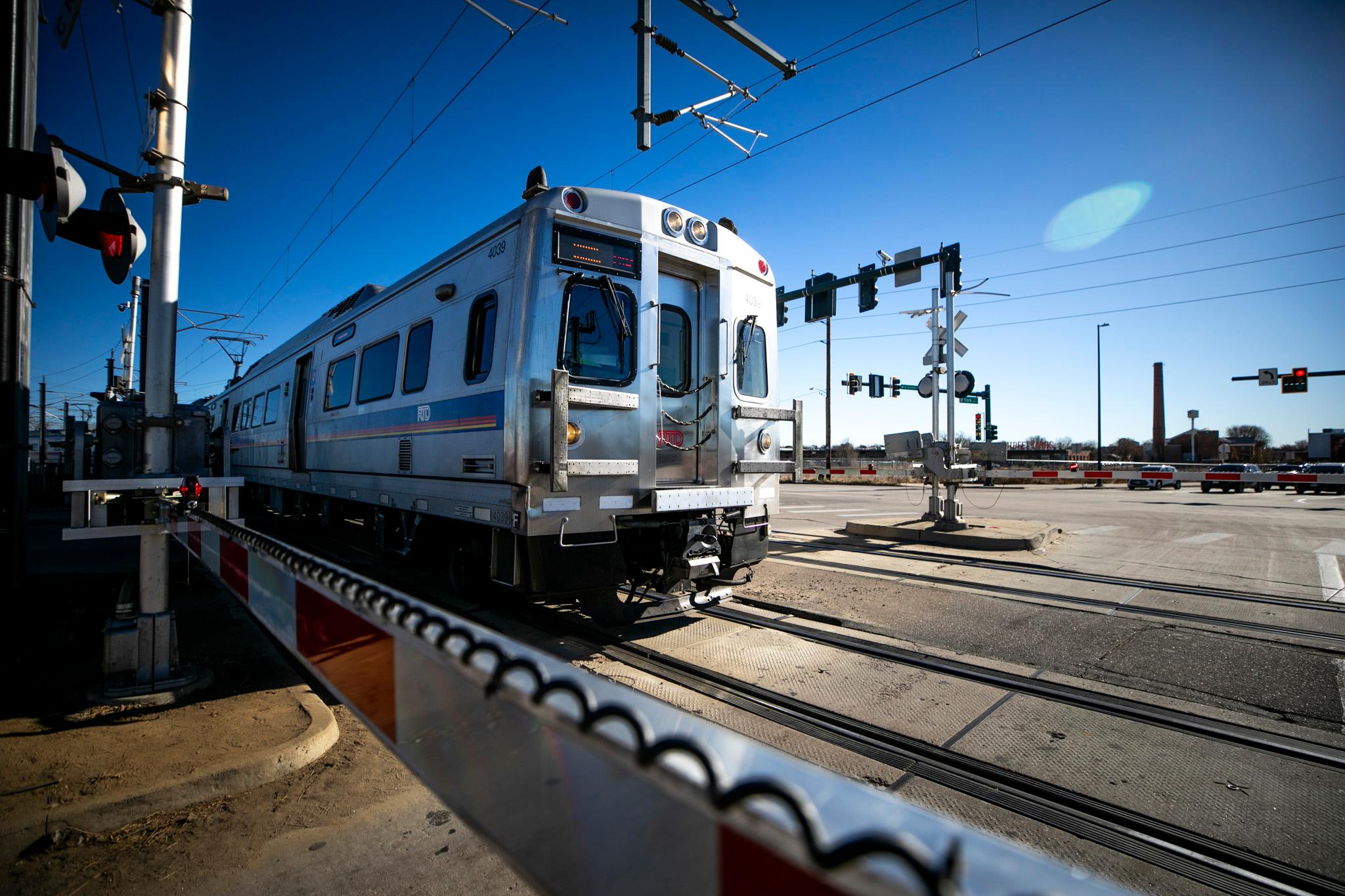As Evans Avenue traffic roared just feet away, city workers on Tuesday changed out the first of about 2,000 signs marking the new speed limit on Denver's neighborhood streets: 20 mph.
City Council lowered the speed limit on such streets from 25 mph to 20 mph in late 2021. The new signs will be installed across the city over the next few years, said Adam Phipps, executive director for Denver's Department of Transportation and Infrastructure.
"We believe these changes will have a positive impact and create safer roadways in Denver," Phipps said at a small press conference on South Fillmore Street in University Park. "We need people to slow down to make our neighborhoods friendlier, more comfortable in a safer place to be."
The signs will be strategically placed near highway exits and just off of busy arterial roads like Evans Avenue.
City Councilman Paul Kashmann, who represents District 6, said he's heard a "virtually unending string of pleas" from residents to slow down traffic on neighborhood streets. The new lower speed limit, which he spearheaded in Council, and the new signage is a step in the right direction, he said.
"The message we bring to you today is simple: slow down," he said.
Kashmann credited the "20 is Plenty" idea to Jill Locantore, executive director for the Denver Streets Partnership, and the brains and muscle behind last year's big sidewalk initiative.
"Speed is one of the most important factors that determines whether a crash will happen and whether that crash results in a serious injury or a fatality," Locantore said. "Even five miles per hour can make a big difference."
Locantore has pushed the city to do more to lower traffic speeds outside of quiet residential neighborhoods, too.
She's pointed to arterial roads like Evans, and data that shows they are responsible for a disproportionate amount of deaths and serious injuries. Denver's "Vision Zero" push to eliminate those, which began in 2017, has trended in the wrong direction since then. Eighty-two people died in Denver traffic last year, the city says.
Some of those arterial roads, like Federal Boulevard, East Colfax Avenue, and Colorado Boulevard, could see significant transit improvements over the next five years or so that could also make them safer for vulnerable road users by slowing traffic and removing vehicle lanes.
And the city may also ramp up speed enforcement, too. A bill moving through the state legislature would allow municipalities to use automated speed enforcement cameras on arterials, a practice that is currently banned under state law.
Denver supports that bill, said city traffic engineer Emily Gloeckner.
"We need help," she said. "We don't have the resources to be out there with a huge level of enforcement."

